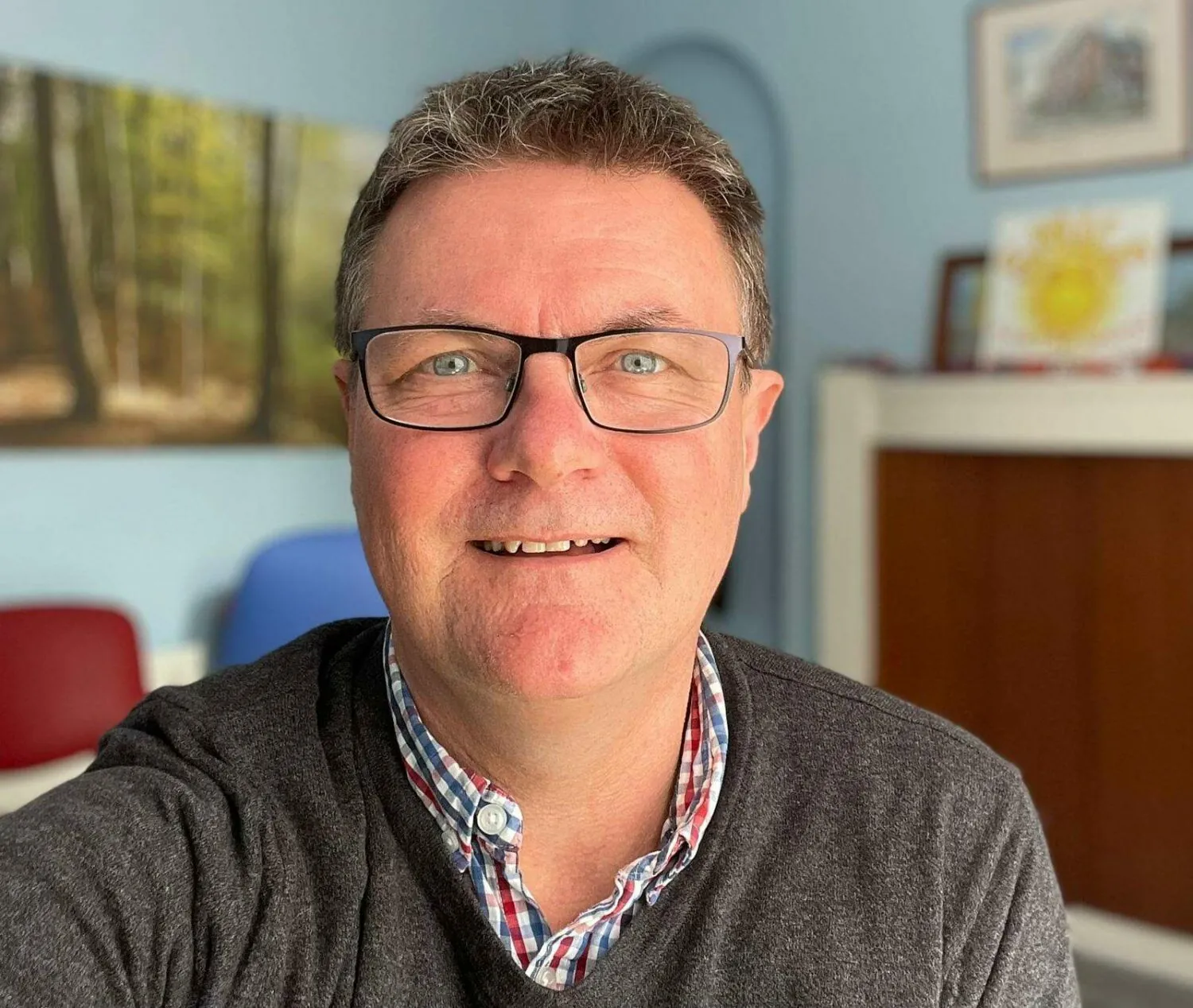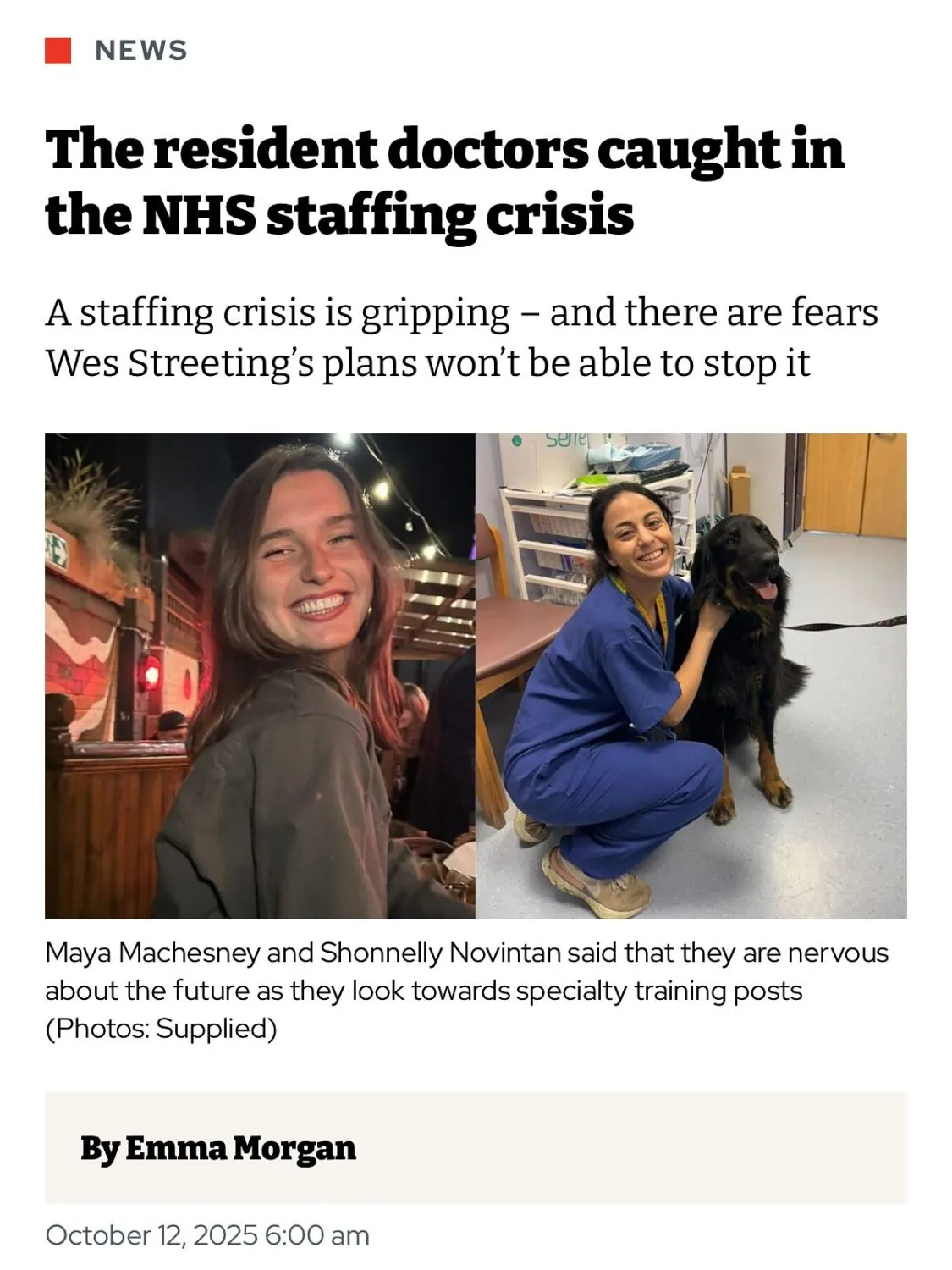DAUK’s Dr Steve Taylor has told national radio listeners that investment in primary and community care would help free up hospital beds and improve NHS efficiency.
Dr Taylor, GP spokesperson for the Doctors’ Association UK (DAUK), was speaking on LBC radio following the release of a new internal report into NHS productivity.
The review revealed that despite a £20bn increase in funding for the service since 2018 and 15 per cent more doctors and nurses, hospitals were 11 per cent less productive than before the pandemic.
Speaking on the Tom Swarbrick programme, Dr Taylor said the money could have been spent better to provide improved outcomes.
“I think it’s the money in the wrong places,” he said. “For example, we’ve seen a 41 per cent decline in district nurses, and a decline in GPs by seven per cent, so we’re struggling to get people out of hospital.
Community care
“We’ve also seen a decline in community beds, so nursing home and residential care beds have gone down.
“There aren’t enough beds in hospital and then aren’t enough beds in the community to free up hospital beds.
“Where does the blame lie?
“It’s a good question and I think ultimately the people at the top of NHS England need to be held to account because I think some of the money is going to the wrong places.”
He added: “NHS England has been pretty much secondary care focused, which means it’s not focused its energy in unplugging the gaps in the community to allow people to get out of hospital.”
Dr Taylor said part of the problem was also a lack of investment in infrastructure.
“An analogy I’d use is if I have a kitchen providing meals for a restaurant and I decide I’ve got a bigger restaurant I need to cook more meals,” he said. “If I put more chefs in but don’t add more hobs and ovens then I’m not going to produce any more food.
“And that’s what’s going on in hospitals. We’ve put in lots more doctors and nurses in hospitals but we’ve not put in enough beds, theatre spaces, those sorts of things.”
Underinvestment in the NHS
Dr Taylor said a decade of underinvestment in the NHS had also had a huge impact. He added that the only area of the NHS that was more productive post-pandemic was general practice, despite seeing its funding slashed in real terms.
Dr Taylor, a GP of 30 years based in Manchester, said general practice could be doing even more with increased and targeted primary care funding.
“Where the money is going is not necessarily the right areas,” he said.
“For instance, they put virtual beds in the community, which are really expensive. They cost about £600 to put someone in a virtual bed, which is actually in their own home with all the tech around them.
“At the same time, they’ve cut all the community nurses.
“If we had money put where it was needed, which is in the community sector, employing more district nurses, putting money into general practice, you’re going to get support in the community which unblocks the hospitals and allows them to function.”
MPs briefing
Dr Taylor is one of four members of DAUK’s GP committee who will be sharing their thoughts on the crisis facing general practice at an online briefing for MPs on Wednesday 19 June.
The briefing, Why Can’t I See My GP? The Great British Paradox, is based on the book Why Can’t I See My GP?, a copy of which we sent to all 650 MPs in March.





